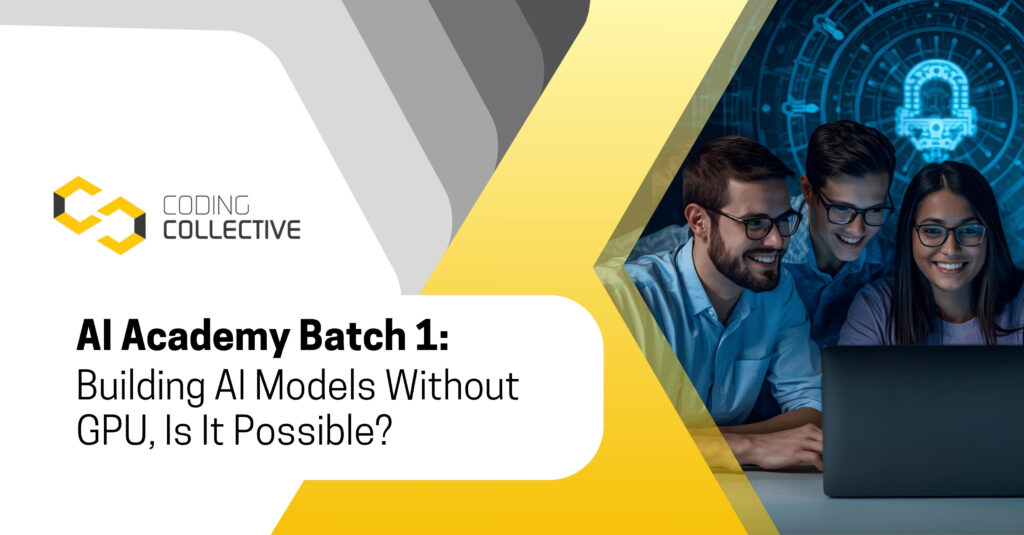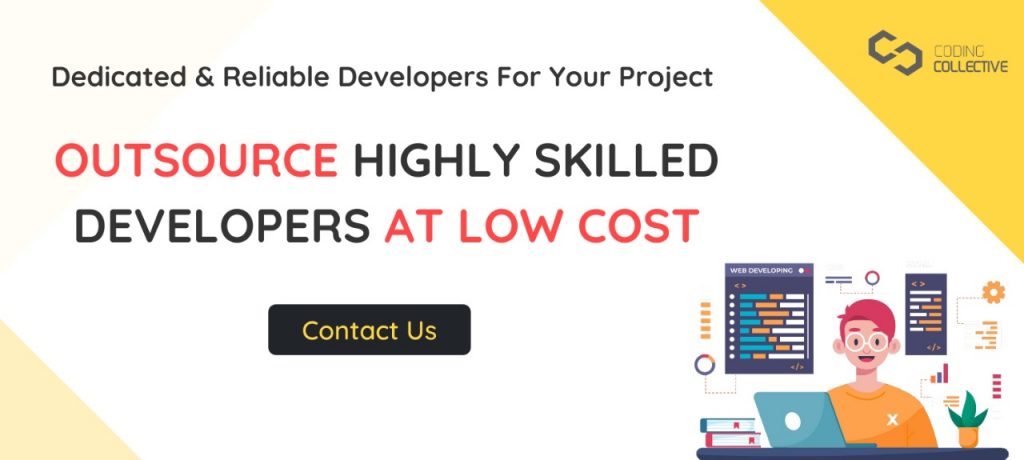
Sunday, September 14, 2025 marked a day full of insights and exciting exploration for participants of AI Academy Batch 1 hosted by Jogja Coding House (JCH). In this inaugural session, participants had the opportunity to learn directly from Marchel Shevchenko, AI Community Lead at JCH and Founder of Data Sorcerers, who shared knowledge about building AI models without relying on GPUs.
Breaking the Myth: AI Without GPU is Possible!
For a long time, many have believed that training AI models is a privilege reserved for those with access to expensive hardware such as high-end GPUs with top-tier specifications. This perception often becomes a barrier for beginners or practitioners with limited budgets to start experimenting with AI technology. However, through this AI Academy Batch 1 session, Marchel Shevchenko proved that this assumption is not entirely true.
With the right approach and deep understanding of optimization, anyone can build and train AI models using the devices they currently own. The key lies in understanding concepts, choosing the right tools, and implementing efficient strategies.
“Innovation in AI can begin anywhere, without needing expensive equipment. What matters most is understanding the fundamentals and creativity in problem-solving.”
Key Takeaways from AI Academy Batch 1
- GPU is not an absolute prerequisite for learning and building AI models—understanding concepts is far more important
- Transfer learning enables us to leverage pre-trained models to achieve good results with minimal resources
- Lightweight models offer the best trade-off between performance and efficiency for various use cases
- Pipeline optimization and training techniques can make a huge difference in time and resources required
- Cloud computing provides flexibility to scale up when needed without expensive hardware investments
- Free tier platforms like Colab and Kaggle are more than sufficient for learning and small-scale projects
- Community and open-source resources are invaluable assets in the AI development journey
Discussion Session and Q&A
One of the highlights of AI Academy was the interactive discussion session that opened space for participants to share experiences and ask questions. Various interesting topics emerged in the discussion, ranging from technical questions about implementation to strategic discussions about choosing the right approach for different types of projects.
Some of the most frequently asked questions included performance comparisons between CPU vs GPU training, training time estimates for various model types, trade-offs between accuracy and inference speed, and best practices in selecting model architectures suited to available resource constraints.
Marchel patiently answered each question and provided concrete examples from his industry experience. He also shared additional resources, tutorials, and GitHub repositories that could serve as further learning references for participants.
The AI Journey Begins Here
AI Academy Batch 1 proved that the barrier to entry in AI development continues to decrease. With the right combination of theoretical knowledge, practical skills, and access to modern tools, anyone with dedication to learn can start building meaningful AI solutions.
What made this session special was its highly practical and applicable approach. Participants didn’t just receive theory but also witnessed live demos and hands-on experience in building AI models with various resource constraints. This gave participants confidence that they could immediately apply what they learned in their own projects.
An Increasingly Accessible AI Ecosystem
One important point Marchel emphasized was how the AI development ecosystem continues to evolve toward greater accessibility. Modern tools and frameworks are designed with the philosophy of democratizing AI, aiming to make AI development possible for more people from diverse backgrounds.
Frameworks like TensorFlow and PyTorch provide high-level APIs that simplify much of the complexity in building neural networks. Platforms like Hugging Face offer thousands of pre-trained models that can be used immediately or fine-tuned with just a few lines of code. AutoML tools can even automate many aspects of model development, lowering the barrier to entry even further.
Looking Forward: What’s Next?
AI Academy Batch 1 is the beginning of a longer journey. Jogja Coding House is committed to continuously delivering educational programs that help the community grow in AI and technology. Upcoming sessions will cover advanced topics such as deployment, production ML systems, MLOps, and various specialized AI topics.
For participants wanting to continue their learning journey, various resources and support from the community are available. JCH also opens opportunities for collaboration on AI projects, mentoring sessions, and networking with other AI practitioners in the industry.
Conclusion: Democratizing AI Education
Thank you to all AI Academy Batch 1 participants who attended this session with extraordinary enthusiasm and curiosity. The energy and engagement from participants made this session highly productive and enjoyable.
Special thanks also to Marchel Shevchenko who generously shared his knowledge and experience. His dedication to transferring knowledge and helping the community grow is truly inspiring and serves as an important catalyst in the mission of democratizing AI education.
AI Academy Batch 1 demonstrated that with the right mindset, access to available resources, and appropriate guidance, barriers in AI development can be overcome. It’s not about having the most advanced hardware or unlimited budget, but about understanding the fundamentals, being creative with available resources, and having the determination to learn and experiment.
Let’s continue learning, experimenting, and building AI solutions that can create positive impact. The journey into AI begins with one step, and AI Academy is the perfect platform to start that journey.

